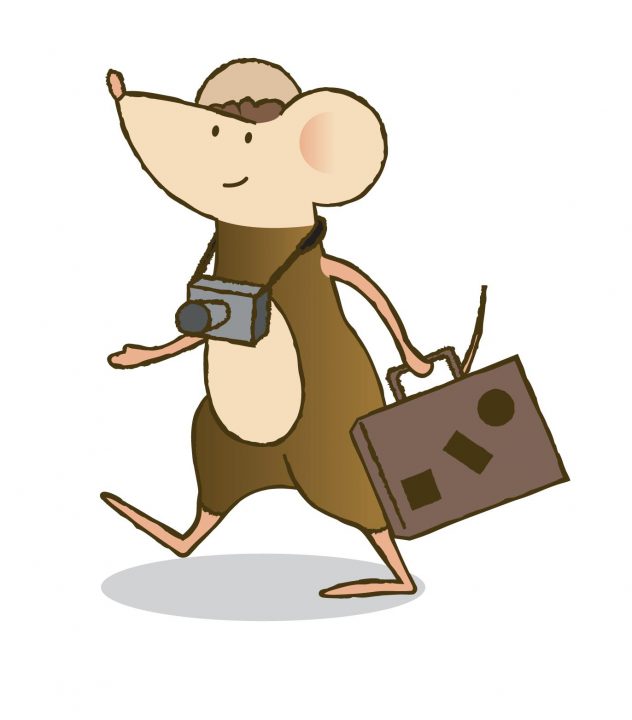
How are you spending your summer holidays? Do you prefer to spend your holidays exploring or relaxing? Or perhaps a mixture of both? Will you be visiting friends and family?
Are you excited to stay close to home and enjoy the activities you don’t get time to do usually? What would your ideal summer holiday involve? Do you have a favourite summer holiday memory?
Hundreds of years ago most children did not go to school. Instead they stayed at home, helping their families with farming and looking after animals. August and September were busy months as this was when everyone working on the land would be harvesting the crops. Children and adults worked together, making the most of longer daylight hours to ensure enough food was collected for winter.
During the medieval period, most people were poor and only the rich had anything that resembled a ‘holiday’ of the kind we imagine – extended time spent travelling around, visiting friends, taking part in sporting activities and entertainment. Everyone had ‘holy days’ though.
The Christian Church held many holy days and feast days throughout the year. No one was allowed to work on holy days. Instead, people came together to pray and to share a meal in honour of a saint or to celebrate a festival such as Easter or Harvest. These days were like mini-holidays; people looked forward to them as a break from the heavy ordinary work of every day.
Let’s find out about holidays from the past using documents held at The National Archives.
